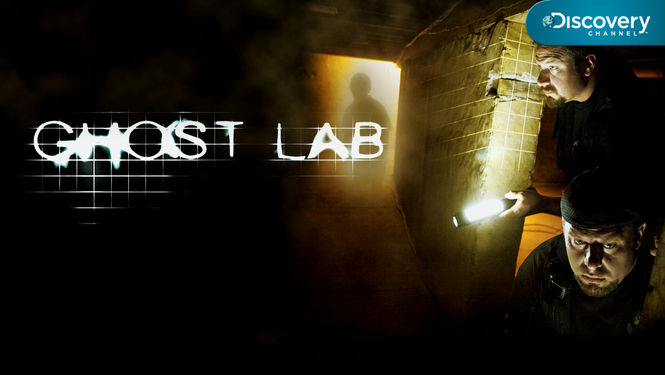

Whatever does happen (if handled in a certain way) allows difficult feelings to be gently re-articulated out of the blind field of contested pasts. It’s not about a curriculum or outcomes, and anything can happen in the Labs. Basically, the Ghost Lab is an open-ended participatory process space a community/activist/arts ‘event space’ (in Brian Massumi’s term). Second, if our work can claim any lasting originality, I think it is in developing the laboratory space of the ‘Ghost Lab’. I hope (and, as it happens, quite firmly believe) that we’ve managed to achieve that.
Ghostlab ie how to#
As the work has developed, it has forced us to think really hard and very, very often about how to simplify complex ideas without trivialising them. And I was fearful that we’d lose people at that point. Alternatively, I thought we’d overcomplicate, as any further explanation of the idea inevitably generated a challenging theoretical vocabulary around ideas of time, materiality, utopia, “the cusp of semantic availability” (ahem!) and such like. On the ground in communities folk would invariably respond immediately to the phrase ‘a social haunting’ with “Oh, I get that”.


First, a very general consideration: there is a powerful tension between the broad accessibility of the idea of a social haunting, on the one hand, and its theoretical difficulty, on the other. As Principal Investigator of the three related Social Haunting projects, if I had to pull out a few key reflections on the work overall, they’d probably be as follows.


 0 kommentar(er)
0 kommentar(er)
